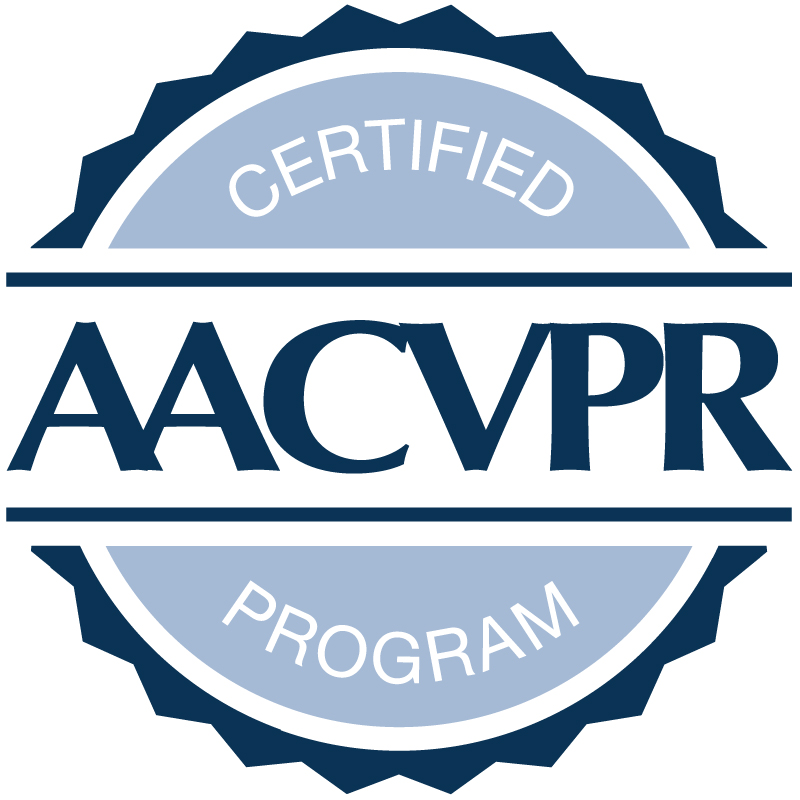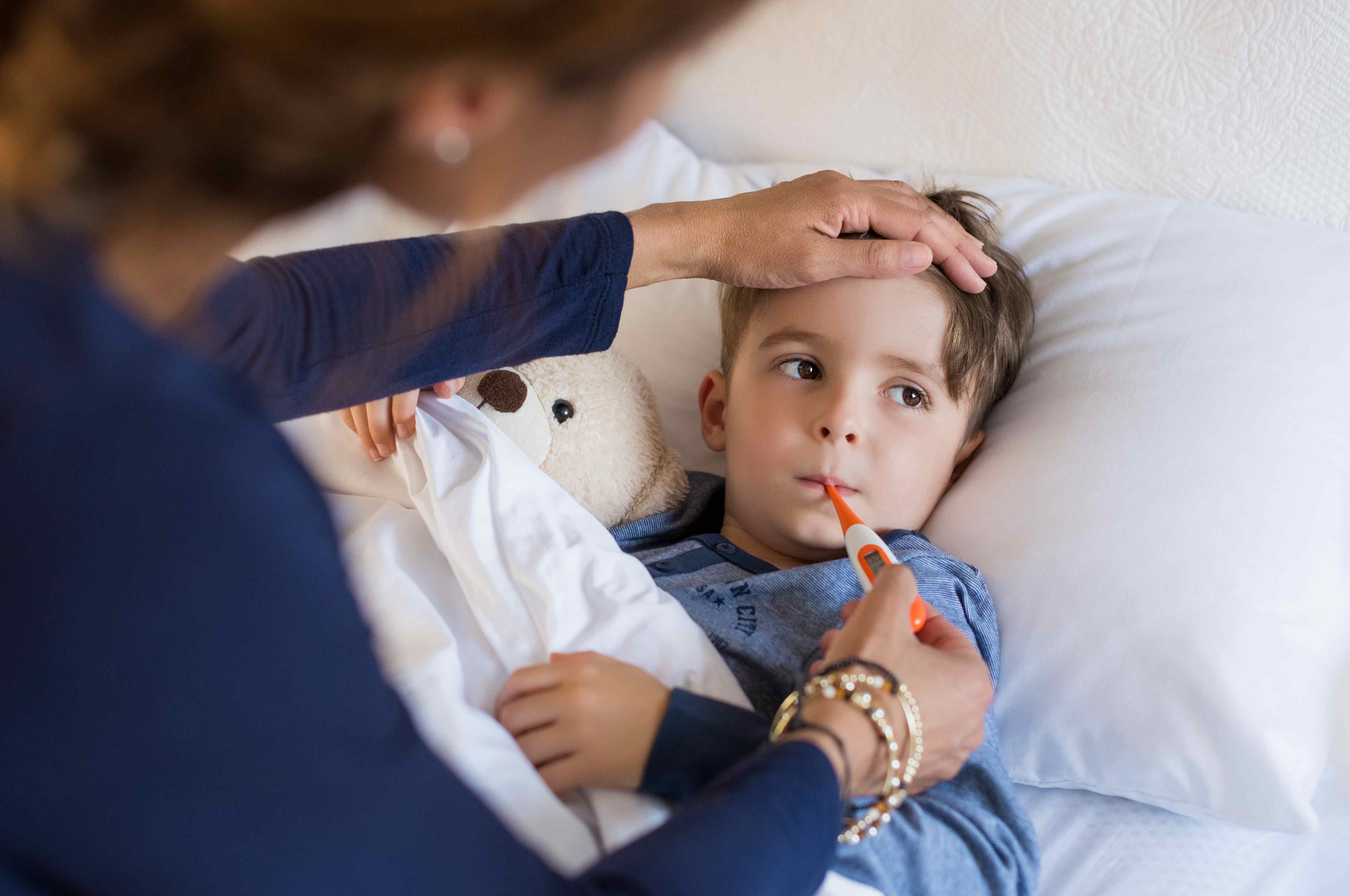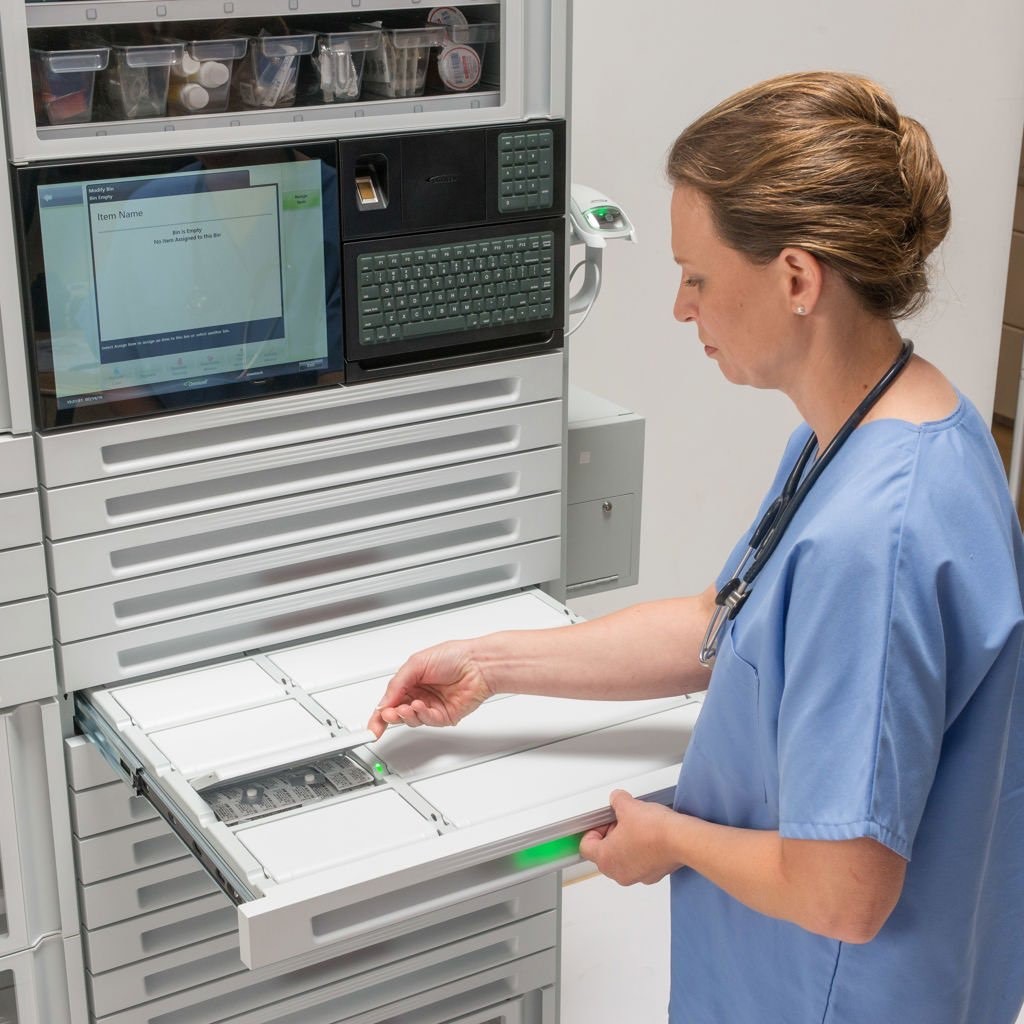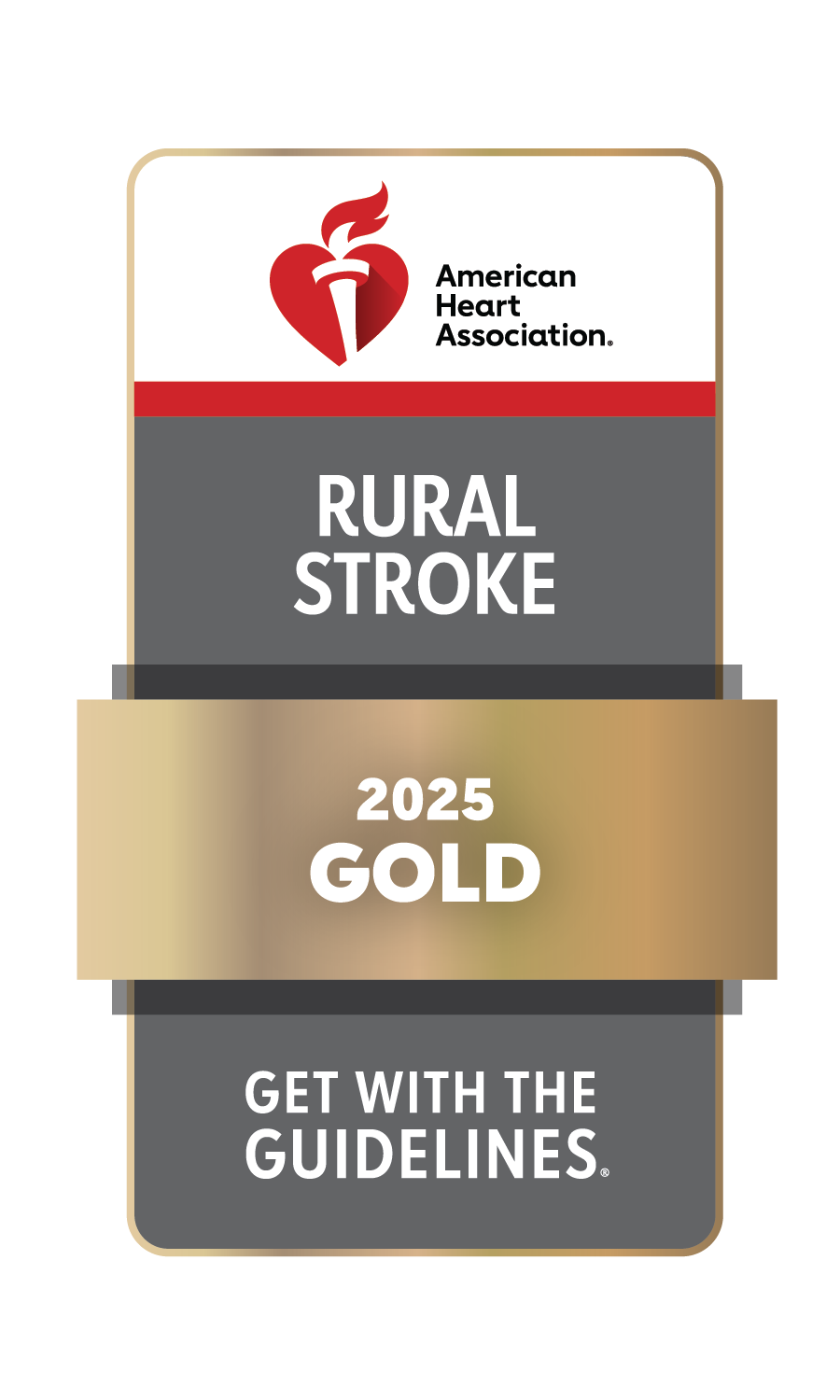News
-

What Your Annual Blood Work Can Reveal About Your Health
December 22, 2025Your yearly blood work gives your provider information they can’t see during a physical exam, sometimes before you notice any symptoms at all. Blood work isn’t only for sick visits – routine lab work plays a key role in preventive care and long-term health. In Galax, Virginia, many adults…
Learn more -

TCRH Names Billy Turner, OD, as Physician of the Year
December 22, 2025Twin County Regional Healthcare is proud to announce that Hospitalist Billy Turner, DO, has been voted Physician of the Year
Learn more -
.jpg)
Is It a Cold, the Flu, or Something Else? How to Tell the Difference
November 25, 2025When your child starts coughing, sneezing, or running a fever, it can be hard to know what you’re dealing with. As the seasons change and kids head back to school or daycare, coughs and sniffles start making the rounds. Here in Galax, VA, that often leaves parents asking: is it just a cold, or something more serious like the flu, RSV, or COVID-19? Understanding…
Learn more -

Twin County Regional Healthcare CEO Attends 2025 Governor’s Summit on Rural Prosperity
October 30, 2025Twin County Regional Healthcare proudly participated in the 2025 Governor’s Summit on Rural Prosperity held October 28 - 29 in Hanover County, Virginia. Chief Executive Officer William Alley, MHA, BSN, RN, and Marketing Coordinator Christa Harrison represented the organization at the statewide event which featured Governor Glenn Youngkin as keynote speaker.
Learn more -

TCRH Stands with Our Community During Breast Cancer Awareness Month
October 24, 2025October is Breast Cancer Awareness Month, and Twin County Regional Healthcare (TCRH) wants to remind every woman in our community: your health matters. Breast cancer affects one in eight women during their lifetime, but early detection can save lives. A simple screening mammogram can make all the difference.
Learn more -

What Does Breast Cancer Look Like in Its Early Stages?
October 21, 2025Breast cancer is one of the most common cancers in women, and early detection can dramatically improve outcomes. But what does breast cancer actually look like in its earliest stages? It’s not always a visible lump – early signs can be subtle, and knowing what to watch for can make all the difference. Below are some common early signs and symptoms to be…
Learn more -

TCRH Welcomes Lactation Consultant Samantha Surratt, IBCLC
October 20, 2025TCRH Welcomes Lactation Consultant Samantha Surratt, IBCLC
Learn more -

TCRH Hosts Senator Tim Kaine’s Regional Director for Strategic Healthcare Discussions
October 17, 2025TCRH Hosts Senator Tim Kaine’s Regional Director for Strategic Healthcare Discussions
Learn more -

TCRH Women’s Health Expo 2025
October 03, 2025Twin County Regional Healthcare hosted The Women’s Health Expo of 2025 that was held at WCC Crossroads Institute, bringing together women from Carroll, Grayson, and the City of Galax for an evening of learning, fellowship, and celebration.
Learn more -

Why You Shouldn’t Skip Your Annual Physical: Screenings That Save Lives
September 26, 2025Many people put off their annual physical, if they feel fine, there’s no urgent need to visit the doctor. But skipping your yearly check-up can mean missing the early signs of serious conditions that are often treatable if caught early. At Twin County Regional Healthcare, we believe prevention is just as important as treatment. Your annual physical is a…
Learn more -

Twin County Women's Health Expo 2025
September 11, 2025Women’s Health Expo Hosted by Twin County Regional Healthcare
Learn more -

TCRH Cardiovascular Rehabilitation Program Certified by Industry Leader
September 04, 2025Twin County Regional Healthcare is proud to announce the certification of its cardiovascular rehabilitation program by the American Association of Cardiovascular and Pulmonary Rehabilitation (AACVPR). This certification is recognition of Twin County Regional Healthcare’s commitment to improving the quality of life of patients by enhancing standards of care.
Learn more -

How to Protect Your Child from Fall Viruses like Flu, RSV, and COVID
September 03, 2025In warmer parts of the country like Galax, VA, respiratory virus season can begin as early as September and stretch well into the winter. With kids back in school, viruses like flu, RSV, and COVID-19 start spreading quickly – especially among young children whose immune systems are still developing. As a parent, you can take steps now to help protect your…
Learn more -

Twin County Regional Healthcare and Strata Partner to Advance Community Health
August 07, 2025Twin County Regional Healthcare (TCRH), in partnership with Strata, proudly hosted a vital community discussion focused on improving health outcomes across the Twin County region. This collaborative event brought together community members, healthcare professionals, and local leaders to participate in the Community Health Needs Assessment (CHNA) — a strategic initiative aimed at identifying, prioritizing, and addressing the most pressing health concerns in Galax City, Grayson County, and Carroll County.
Learn more -

Twin County Regional Healthcare Presents DAISY Award
August 05, 2025Twin County Regional Healthcare is proud to recognize Teagan Morgan, RN, as the latest recipient of the DAISY Award for Extraordinary Nurses. This national recognition is part of the DAISY Foundation’s program to honor nurses who go above and beyond in delivering compassionate and skillful care every day.
Learn more -
.jpg)
Why Mosquito-Borne Illnesses Are on the Rise — and How to Protect Yourself
August 01, 2025Warmer weather and standing water are fueling a surge in mosquito-borne diseases. Here’s what you need to know and how to prevent them.
Learn more -

Twin County Regional Healthcare Implements Advanced Medication Dispensing Technology to Enhance Patient Safety
July 22, 2025Twin County Regional Healthcare (TCRH) is proud to announce the implementation of new Omnicell automated dispensing cabinets throughout its patient care units and pharmacy system. This state-of-the-art technology replaces the facility’s decade-old Acudose equipment, marking a significant investment in patient safety and medication security.
Learn more -

Twin County Regional Healthcare Reaches Gold Standard for Stroke
July 21, 2025TCRH has earned The Joint Commission’s Gold Seal of Approval® and the American Stroke Association’s Heart-Check mark for Get With The Guidelines®-Rural Stroke Gold Acute Stroke Ready Hospital Certification.
Learn more -

TCRH Intensive Outpatient Program
June 24, 2025Twin County Regional Healthcare is pleased to announce the launch of its Mental Health Intensive Outpatient Program (IOP), providing structured, evidenced-based therapy for adults (18+) facing mental health challenges.
Learn more -

William Alley Named New CEO of Twin County Regional Healthcare
June 23, 2025Twin County Regional Healthcare (TCRH), part of Duke LifePoint Healthcare, today announced that its chief nursing officer (CNO) William “Bill” Alley has been promoted to chief executive officer (CEO) effective June 23. Alley replaces Sudandra Ratnasamy who is departing for another leadership opportunity within the Duke LifePoint system, and a search for Alley’s replacement as CNO is underway.
Learn more
